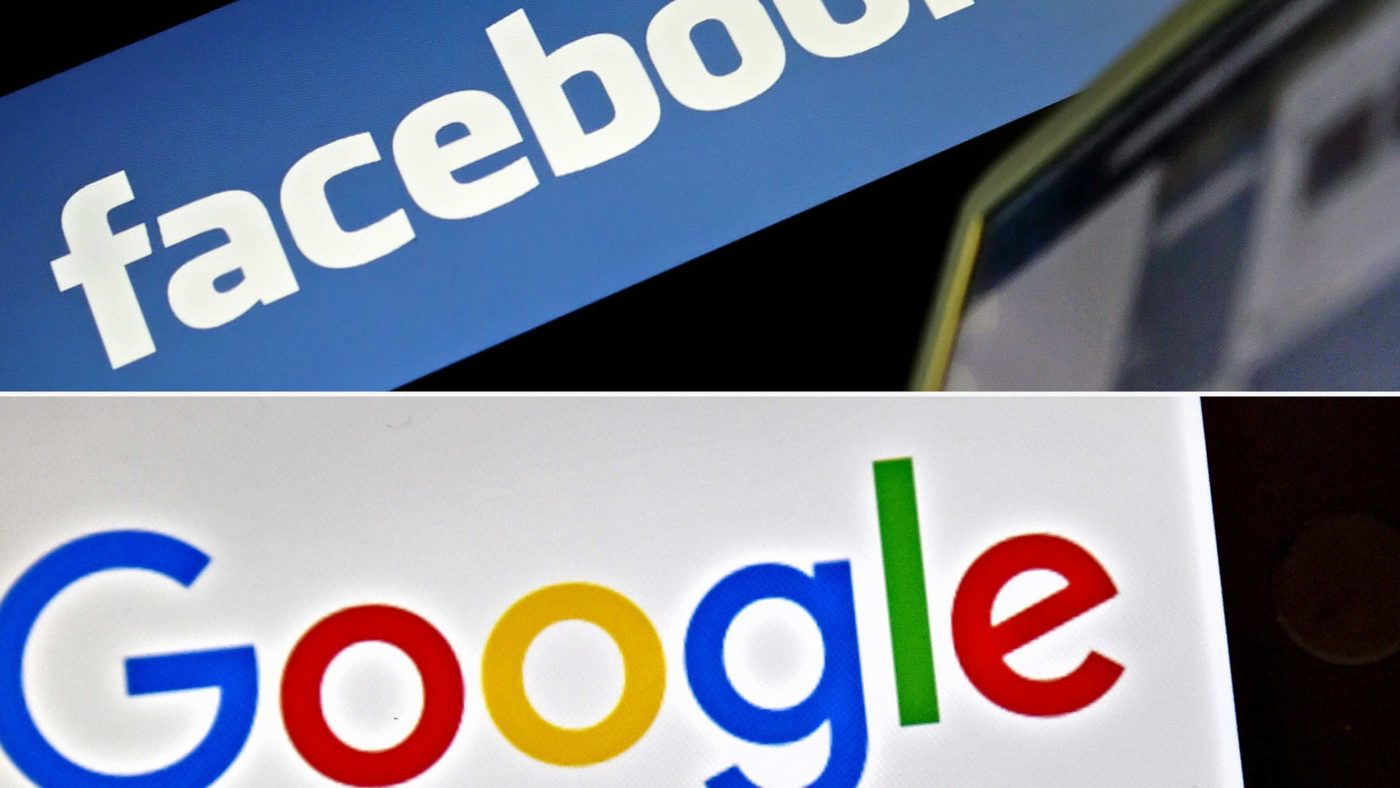It is ironic that on the day the Government published a report entitled ‘The Benefits of Brexit’ intended to highlight post-Brexit deregulation wins, the Department for Digital, Culture, Media, and Sport (DCMS) briefed a plan to implement a more extreme version of the EU’s link tax.
The proposals, modelled on Australia’s News Media Bargaining Code, would force social media platforms and search engines to pay newspapers when they link to articles and use snippet previews. Tech platforms would be required to negotiate fees with news organisations for the use of their copyrighted material in the previews. If they failed to agree terms, the CMA’s Digital Markets Unit would force them to go to arbitration to determine a ‘fair price’.
This may not sound particularly onerous, but the Australian law led to Google threatening to withdraw from the country altogether. In the end, a fudge was found as the platforms independently arranged deals with publishers. However, the prospect of designation and forced arbitration under the News Media Bargaining Code remains a threat.
In Europe, national governments have also passed link taxes. For example, Spain passed a law forcing platforms that share links and excerpts to pay the Spanish Newspaper Publishers’ Association a fee set by the government. In response, Google shut down its News service in Spain. It only reopened Google News in Spain when a new and much milder EU directive superseded Spain’s own link tax. In the meantime, publishers in Spain lost out as they saw between 500,000 and 1.7m fewer visitors to their sites per month.
The EU law is far from perfect – it is a contradictory mess and doing nothing would be a better approach – but the UK’s plan is much worse. At least the EU Directive allows the mere act of linking to content without paying a publisher. If we copy the Aussie model, this wouldn’t be possible.
The EU Directive also allows for snippets as part of reasonable use, although this exemption is not tightly defined. This has only created confusion and uncertainty. As a result, in France Google ‘will no longer display an overview of the content…for European press publishers, unless the publisher has made the arrangements to indicate that it is his wish’. They have also granted publishers more fine-grained control over snippets.
Underlying all of these attempts to force platforms to pay publishers are layers upon layers of misconceptions. To start with, there’s the twisted language. For example, the DCMS is briefing that the plans would ‘help to redress the imbalance of bargaining power in determining fair payment for content’. But we are talking about links and snippets inviting clicks through to the newspapers’ own websites, not the pirating of full articles onto platforms.
Similarly, in the Australian debate, journalists often described the law as forcing tech to ‘pay for journalism’. But if you read the legislation it is clearly about no such thing – we are talking about links here. As tech analyst Ben Evans writes about the Aussie law:
‘Under this law, whenever anyone posts any link to a newspaper site on Facebook, Facebook would have to pay – even, perhaps, if the newspaper has posted the link itself. This is not about ‘using content’ or ‘profiting from journalism’. It’s about links. In Facebook’s case, these are also links it has no control over.’
Under this logic, when I simply tweet out this article Twitter is allegedly unfairly profiting from my journalism.
A competition issue?
There is also a baffling claim that Google’s and Facebook’s failure to pay for links is a competition problem. But this reasoning is fantastical. The internet is bigger than two websites, and not a single other site has to pay for linking. And why is news the only kind of content affected? If there’s a competition case for forcing platforms to pay for links, why shouldn’t it apply to cat videos, personal blogs, and online shops?
The misconceptions go deeper. The bureaucrats pushing for link taxes assume that Google and Facebook get more value from links and snippets than publishers. But their behaviour says otherwise. Why are publishers across France opting-in to snippets when Google gave them the choice? It’s because snippets drive traffic and more eyeballs mean more banner ads sold.
But the biggest misconception is the idea that Google and Facebook’s monopoly power is to blame for the news industry’s decline. It isn’t.
The news industry has declined because the internet makes it possible to unbundle news. Before the internet, newspapers could bundle the profitable (ads, classifieds, personals), the semi-profitable (sports, opinion), and the unprofitable (investigative journalism). This bundling worked because while investigative journalism itself was often unprofitable, it helped other parts of the business. The internet broke this relationship.
Now for classifieds you have eBay, Craigslist, and Gumtree. For personals you have Tinder, Match and Bumble. With ads you no longer have to go mass market, you can use Google and Facebook to target specific audiences allowing retailers to get more bang for your buck.
Without Google and Facebook – or in a world where each faced more competition – would newspapers be as profitable as they were two decades ago? Of course not. They would simply be losing revenue to a different set of search engines and social networks.
There is simply no competition case to force Facebook and Google to pay for links and snippets. Ever since it was announced, I’ve feared that the Competition and Markets Authority’s new Digital Markets Unit would be abused to tackle issues unrelated to competition. Sadly, those fears look set to come true.
Click here to subscribe to our daily briefing – the best pieces from CapX and across the web.
CapX depends on the generosity of its readers. If you value what we do, please consider making a donation.


